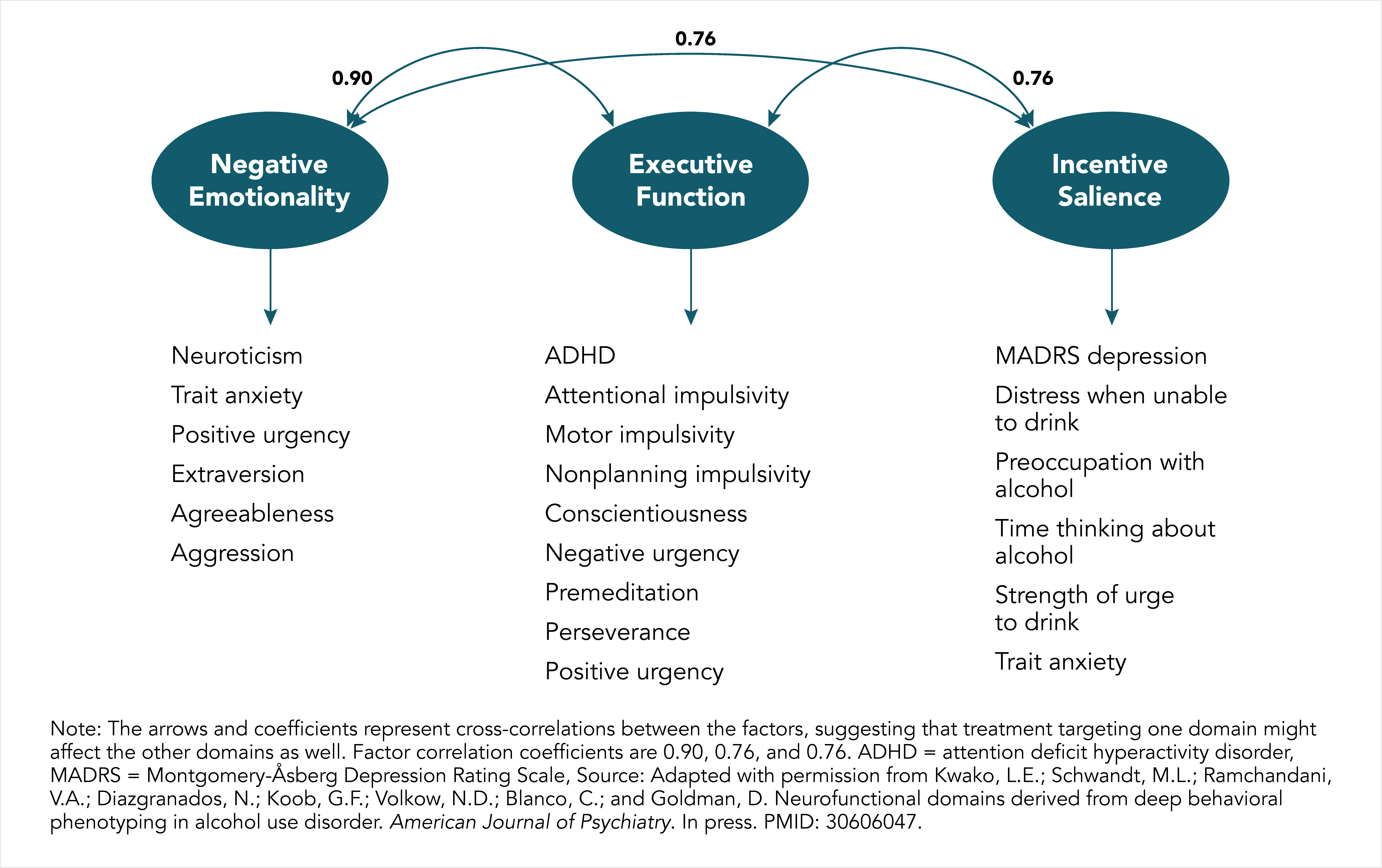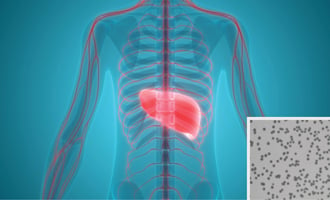Integrated stepped alcohol treatment for people in HIV care improves both HIV and alcohol outcomes
New clinical research supported by the National Institutes of Health shows that increasing the intensity of treatment for alcohol use disorder (AUD) over time improves alcohol-related outcomes among people with HIV. This stepped approach to AUD treatment also improves HIV-related disease measures in this patient population. A report of the new study, led by researchers … Read more



